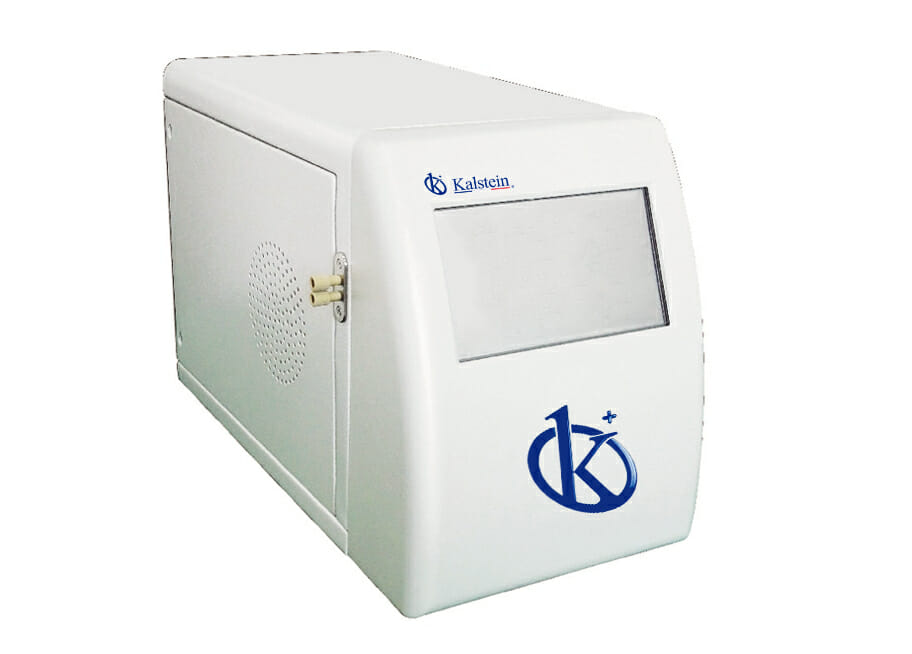In the scientific and industrial world, accuracy is critical. This is especially true when using sophisticated instruments such as a Total Organic Carbon Analyzer (TOCA). This essential tool, used to measure the amount of total organic carbon in a sample, can provide valuable data for a variety of applications, including water quality monitoring and environmental research. Although TOCA analyzers are generally accurate, there is always room for improvement in test accuracy.
The basis for improving testing accuracy with a TOCA lies in understanding how this important tool works. Total Organic Carbon Analyzers are analytical instruments used to measure the amount of carbon in a sample that comes from organic compounds. They are able to differentiate between inorganic and organic carbon by taking advantage of the ability of organic carbon to oxidize to carbon dioxide (CO2) when subjected to elevated temperature. This CO2 is then quantified and reported as Total Organic Carbon.
Methodological Adjustments to Optimize Accuracy
To improve the accuracy of testing with this device, several methodological issues must be considered. First, it is essential to use correct sampling methodologies to avoid contamination or sample loss. It is also essential to carry out proper calibration of the Total Organic Carbon Analyzer, which is achieved by using accurate and validated calibration standards. In addition, the operator must be well trained in all required procedures, which minimizes human error, a factor that can often affect the accuracy of test results.
Regular maintenance and equipment upgrades are also key factors in improving the accuracy of testing with a TOCA analyzer. Outdated or poorly maintained devices can give inaccurate or inconsistent results. Therefore, it is crucial to perform regular equipment maintenance and update software and hardware according to the manufacturer’s recommendations.
Expanding the Frontiers of Accuracy
In summary, the accuracy of tests performed with a Total Organic Carbon Analyzer can be significantly improved through understanding its operation, implementing proper and accurate sampling and calibration methodologies, and performing maintenance and equipment upgrades appropriately.
By improving the accuracy of these tests, we can expand the boundaries of our understanding of the world, applying more accurate data to address environmental and water quality challenges. Ultimately, greater accuracy leads to greater knowledge, ultimately allowing scientists and industry professionals to make better data-driven decisions.
What we offer at Kalstein
If you want to buy at the best price, visit us HERE where you will find the different Kalstein YR models of TOC analyzers, which are available for any requirement of health centers, in addition to having the best advisors to accompany you during the purchase process. We at Kalstein as a manufacturing company, also have for you a 3D platform, where users, manufacturers and distributors can sell, rent or offer new or used equipment anywhere in the world, enjoy being seen, you are more.

